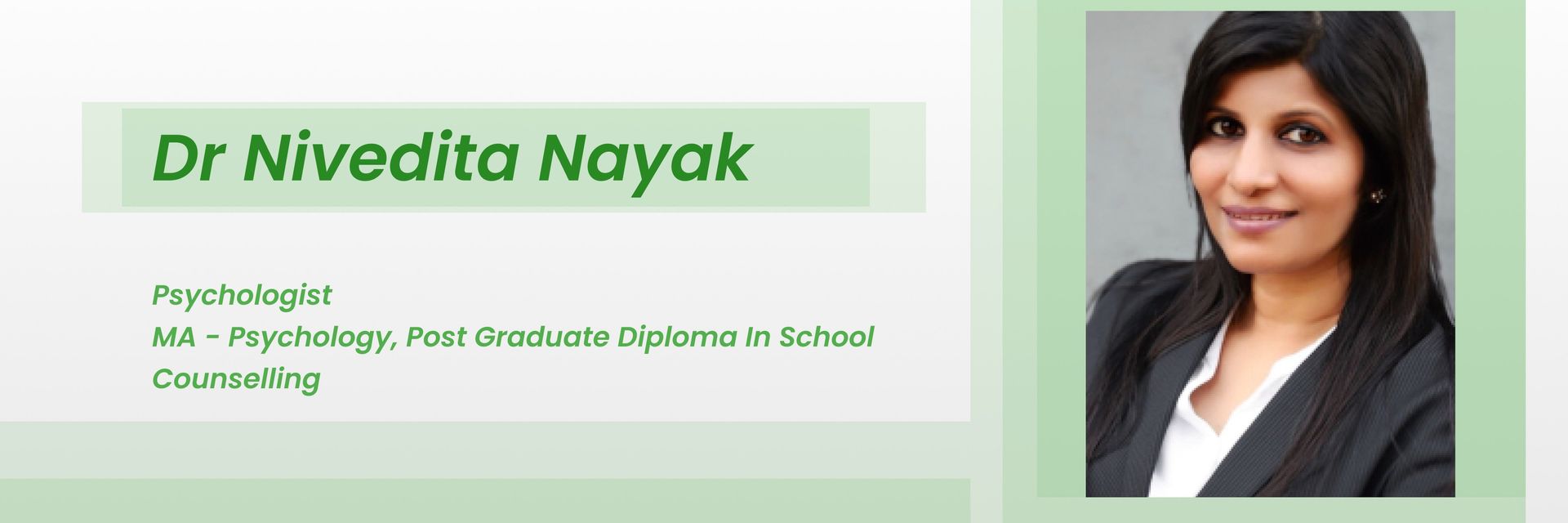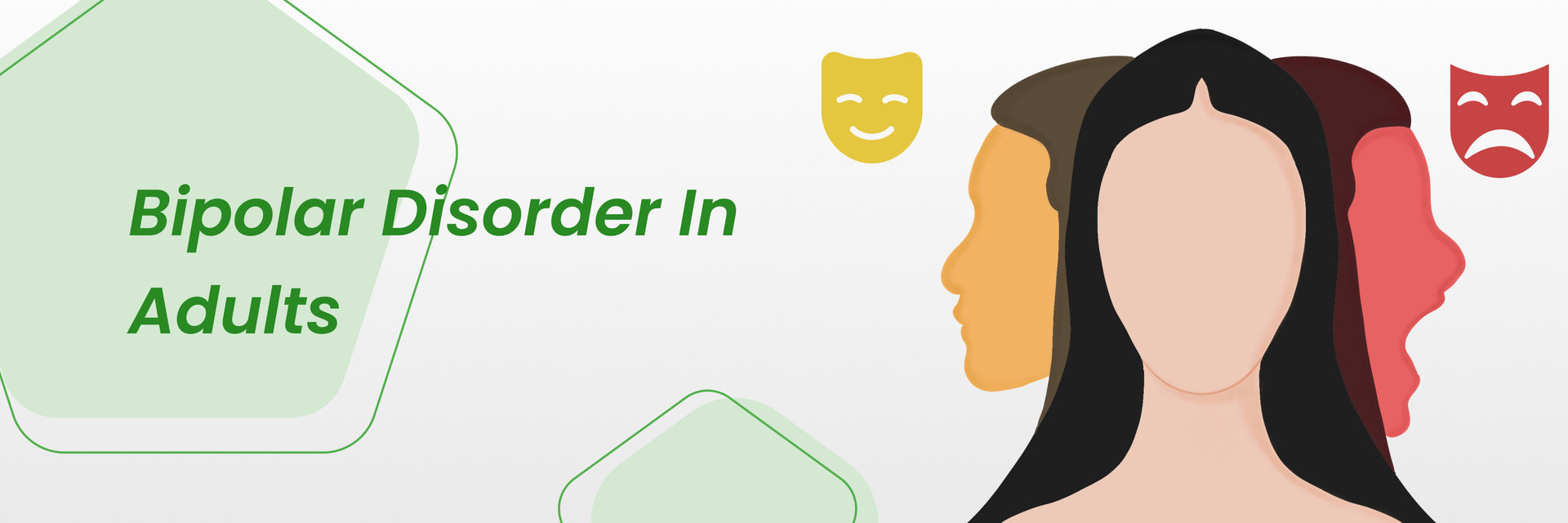Overview
Around 50% of marriages end in divorce, a bleak statistic for sure, but one that only tells half the story. Yes, half of all marriages end in a divorce, but what about the half that doesn't? The 50% of marriages that make it aren’t peaceful, sun-soaked honeymoons. They’re real, messy, and hard work.
The couples who are in the 50% that make it aren’t any more special or more in love than you and your spouse. Instead, they put in the work daily. They manage conflicts and communicate effectively. They face shortcomings together. This sort of teamwork may sound like a far-off dream, but remember that many of the marriages that stay together were once in your position.
What got them through the hard times? It’s different for every couple, but one solution is marriage counseling.
Can Marriage Counseling Save My Marriage?
Marriage counseling is not guaranteed to save your marriage. Although it is highly effective and most couples walk out healthier and happier than before, not all of them walk out together. Sometimes, couples realize they won’t work together, or one spouse realizes that their partner isn’t good for them.
Marriage counseling is a tool, and like all tools, it must be used effectively. Just showing up isn’t guaranteed to fix anything; you have to put in the effort outside the office, too.
Is Virtual Counseling Effective?
Online marriage counseling has been growing in popularity for its affordability, convenience, and effectiveness. Yes, seeing a virtual counselor is just as effective as in-person counseling, if not more so. Virtual counseling gives couples the ease of meeting anywhere they have privacy and a stable wifi connection, along with the expert counsel of a trained and licensed marriage therapist.
How to Make Marriage Counseling Work
Marriage counseling is about more than just showing up. You have to put in the work outside of a therapy session, too. But what does that mean? How can you show up to marriage counseling in a way that makes lasting change? Here are 6 steps.
- Commit to the Process: Understand that change won’t happen overnight. In fact, it may take a few weeks before you start to see real change in your relationship, and even more for that change to stick and feel natural. By the time that most people attend marriage counseling, their relationship is under water, with resentment and contempt building. This will take time to clear, so you have to be in it for the long haul.
- Come with Honesty: Be honest and transparent with your partner and the therapist. Share your thoughts, feelings, and concerns openly to foster understanding and connection. Now is not the time to hold back. Thoughts and feelings that aren’t aired will fester and turn dangerous to the relationship. Marriage counseling will only work if you both come as the most honest versions of yourself.
- Set Realistic Expectations: Understand that marriage counseling is a journey with ups and downs. Set realistic expectations for progress and be patient with the process. You might be making great progress one week and then fall back into old habits and conflicts the next week. This does not mean that progress isn’t happening. Instead, be patient with yourself and one another. Remember that you are in this together.
- Attend Sessions Regularly: Make attending counseling sessions a priority. Consistency is key to building momentum and seeing progress in your relationship. Missed marriage counseling sessions, by one or both partners, do nothing to drive progress forward and could be actively harming your relationship.
- Implement Recommendations: Apply the advice and strategies discussed in counseling to your daily life. Practice effective communication, conflict resolution, and relationship-building skills outside of sessions. This step is key. Talking about your issues is one thing, but actively trying to solve them is another thing. Practice what you’re being taught, and when you come to therapy, you can talk about any issues you had with the implementation.
- Work as a Team: Approach counseling as a team effort to improve your relationship. Collaborate with your partner and the therapist to address challenges and nurture your bond. Remember that it is you against the world, not you against each other.
- Practice Self-Care: Take care of your individual well-being to support the health of your relationship. Prioritize self-care activities that promote your mental, emotional, and physical health. Relationship issues are exacerbated by personal stress and mental health issues. Take the time to take care of yourself, and in doing so you’ll be taking care of your relationship.
- Stay Committed: Remember that building a strong, healthy marriage takes time and dedication. Stay committed to the process, even during difficult moments, and trust in the potential for growth and healing.
By following these steps and actively engaging in the marriage counseling process, you can foster understanding, strengthen your relationship, and work towards creating a fulfilling and lasting partnership. Remember, seeking support is a courageous step towards building a brighter and stronger connection with your partner.
How to Find an Online Marriage Counselor Near You
If you’re ready to start down the path of healing together, finding a virtual counselor who accepts couples is key. A virtual marriage counselor will be able to meet you where you’re at and create a personalized treatment plan for you and your spouse.
Virtual counseling has come a long way and is a highly effective treatment tool. Marriage counseling can help save your marriage and put you firmly in the 50% of couples that make it.






